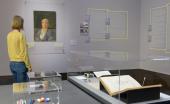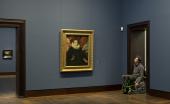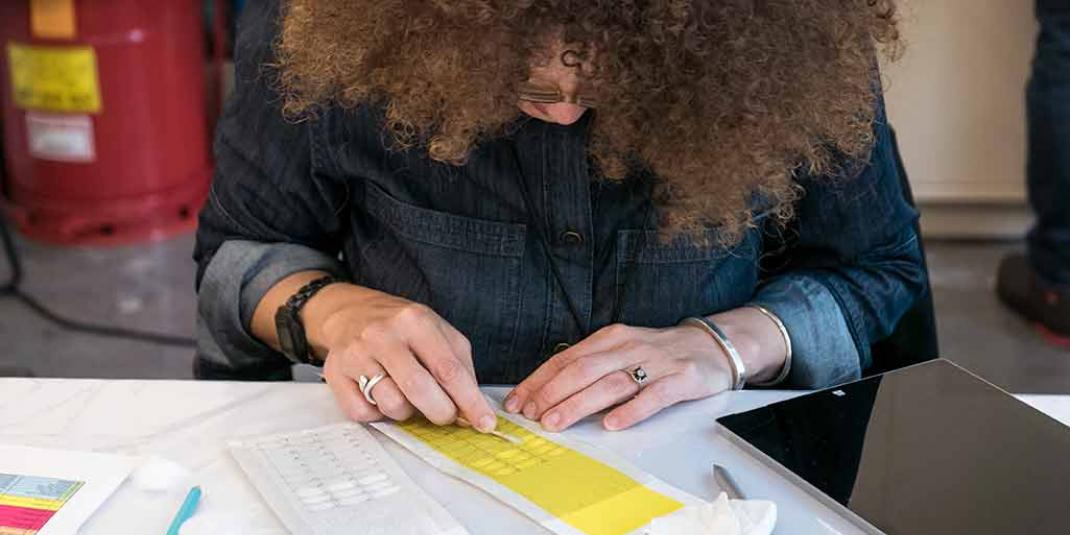
CAPS 2017 at Hamburger Kunsthalle
The Hamburger Kunsthalle hosted CAPS 2017, a workshop focused on the cleaning of acrylic painted surfaces organised by the Getty Conservation Institute (GCI). It was held from July 18 to 21, 2017. CAPS 2017 is part of an ongoing series of GCI workshops that aim to directly engage conservators with the current research on identifying a broader range of cleaning systems and methodologies for acrylic painted surfaces.
Description
The workshop included lectures presenting new research, technology and practical advances, much of which has been developed by the course instructors themselves. There was also a significant amount of hands-on activity designed to apply and test the different approaches. Participants were provided with commercially available and custom-prepared cleaning materials for testing on paint films. Group discussions were used to evaluate materials, techniques, applicability and effectiveness.
Organised by: The Getty Conservation Institute
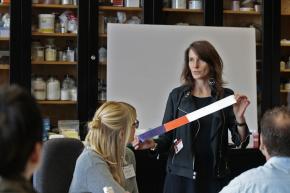
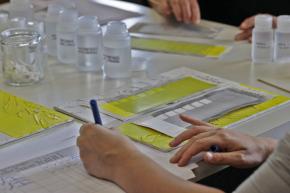
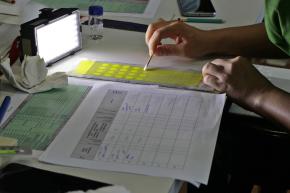


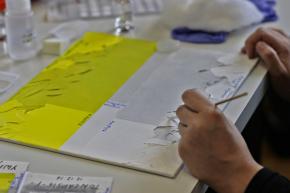

The objectives of the CAPS workshop were to:
- communicate the results of recent scientific research and new developments in conservation practice
- stimulate a dialogue between researchers and conservators about the application of new research and technical insights to the conservation
- develop critical thinking skills that will help participants design project-specific cleaning systems in their own labs
- identify areas where further research is needed
Instructors
Tom Learner, Head of Science, Getty Conservation Institute
Bronwyn Ormsby, Principal Conservation Scientist, Tate
Chris Stavroudis, Conservator in private practice, Los Angeles
Eligibility
Space for this workshop was limited to eighteen mid-career conservators with at least three to five years experience working with two- and three-dimensional acrylic painted surfaces. Therefore a careful application process was carried out. Priority was given to applicants currently working with these materials who were able to demonstrate a commitment to sharing the knowledge and skills gained during the course with their colleagues and the wider conservation community. The workshop language was English.




